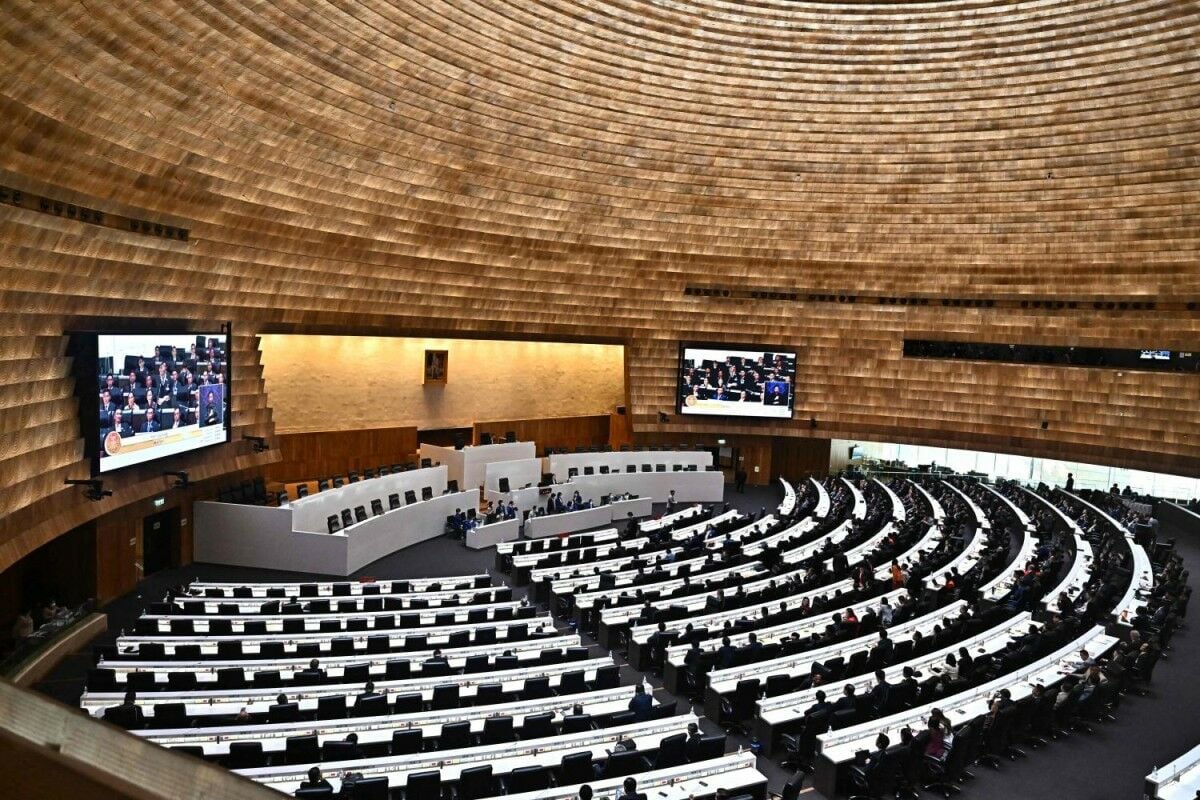Deputy speaker shuts down House debate on amnesty bill

Tensions flared in Thailand’s House of Representatives yesterday as Deputy House Speaker Pichet Chuamuangphan unexpectedly slammed the gavel on a heated debate, abruptly closing the session before a vote on a controversial amnesty proposal could be held.
The debate centred on a report led by Pheu Thai MP Chusak Sirinil, which explored ways to draft an amnesty bill aimed at healing Thailand’s deep-rooted political divisions. This proposed amnesty would cover all political offenders, including those who violated the highly sensitive lese majeste law (sections 110 and 112 of the Criminal Code), a move that many fear could spark further conflict.
Acknowledging the political dynamite, Chusak admitted, “The inclusion of Sections 110 and 112 may lead to more political conflict.”
Yet he stressed that the House panel’s recommendations are not binding on the government, providing some reassurance amid the brewing storm.
The debate ignited strong reactions from MPs across the political spectrum. The Bhumjaithai and Democrat parties fiercely opposed including Section 112, while the opposition People’s Party backed it, arguing that “political conflicts will never end if Section 112 is left out.”
Democrat MP Jurin Laksanawisit underscored that amnesty should “lead to reconciliation, not more conflict,” warning it must not benefit specific individuals or encourage repeat offences. Corruption charges and crimes under sections 110 and 112, he argued, should be strictly off-limits for amnesty.
With calls from the opposition for more voices to be heard before any decision, Pakornwut Udompipatskul demanded that all members of the House panel speak before a vote. However, in a surprising twist, Deputy Speaker Pichet brought the gavel down, ending the session without a vote—leaving the future of the amnesty bill up in the air, reported Thai PBS World.
In related news, the Pheu Thai Party remains optimistic that the referendum on constitutional amendments will proceed early next year, despite disagreements regarding the double-majority requirement in the referendum bill.
Latest Thailand News
Follow The Thaiger on Google News:


























